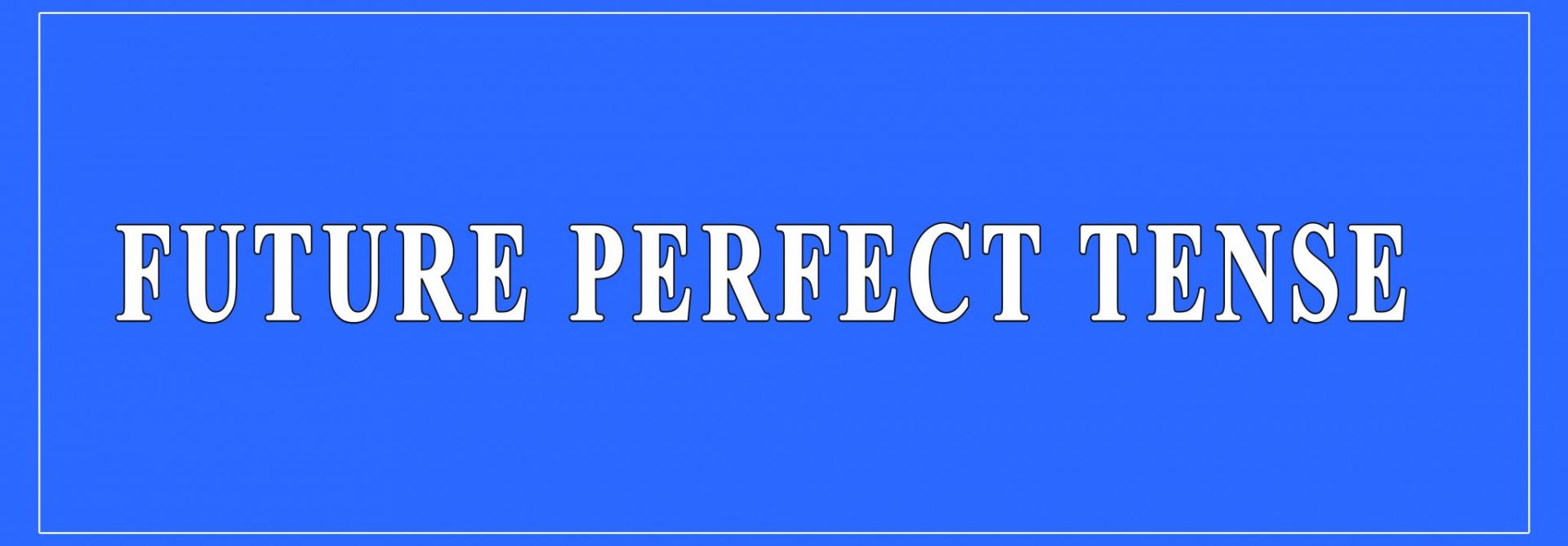The Future Perfect Tense is used to describe an action that will have been completed before a specific moment or before another action takes place in the future.
It is often used with a time expression that identifies that point in the future.

Structure Of Sentence
Positive: (Subject + will have + 3rd form of verb + Object)
- She will have finished the work by Wednesday.
Negative: (Subject + will not + have + 3rd from of verb + Object)
- She will not have finished the work by Wednesday.
Interrogative: (Will + Subject + have + 3rd from of verb + Object + ?)
- Will she have finished the work by Wednesday?
- I will have bought a computer.
- She will have decorated her home.
More uses of future perfect tense:
Future Perfect with “Be Going To”
Future Perfect has two different forms: “will have done” and “be going to have done.” and usually they are interchangeable.
- You will have perfected your English by the time you come back from the U.S.
- You are going to have perfected your English by the time you come back from the U.S.
Completed Action Before Something in the Future
The Future Perfect expresses the idea that something will occur before another action in the future. It can also show that something will happen before a specific time in the future.
- By next November, I will have received my promotion.
- By the time he gets home, she is going to have cleaned the entire house.
Duration Before Something in the Future (Non-Continuous Verbs)
With Non-Continuous Verbs and some non-continuous uses of Mixed Verbs, we use the Future Perfect to show that something will continue up until another action in the future.
- I will have been in London for six months by the time I leave.
- By Monday, Susan is going to have had my book for a week.
REMEMBER No Future in Time Clauses
Like all future forms, the Future Perfect Tense cannot be used in clauses beginning with time expressions such as: when, while, before, after, by the time, as soon as, if, unless, etc. Instead of Future Perfect, Present Perfect is used.
- I am going to see a movie when I will have finished my homework. Not Correct
- I am going to see a movie when I have finished my homework. Correct
Also Read: Download All English Tenses PDF Book

